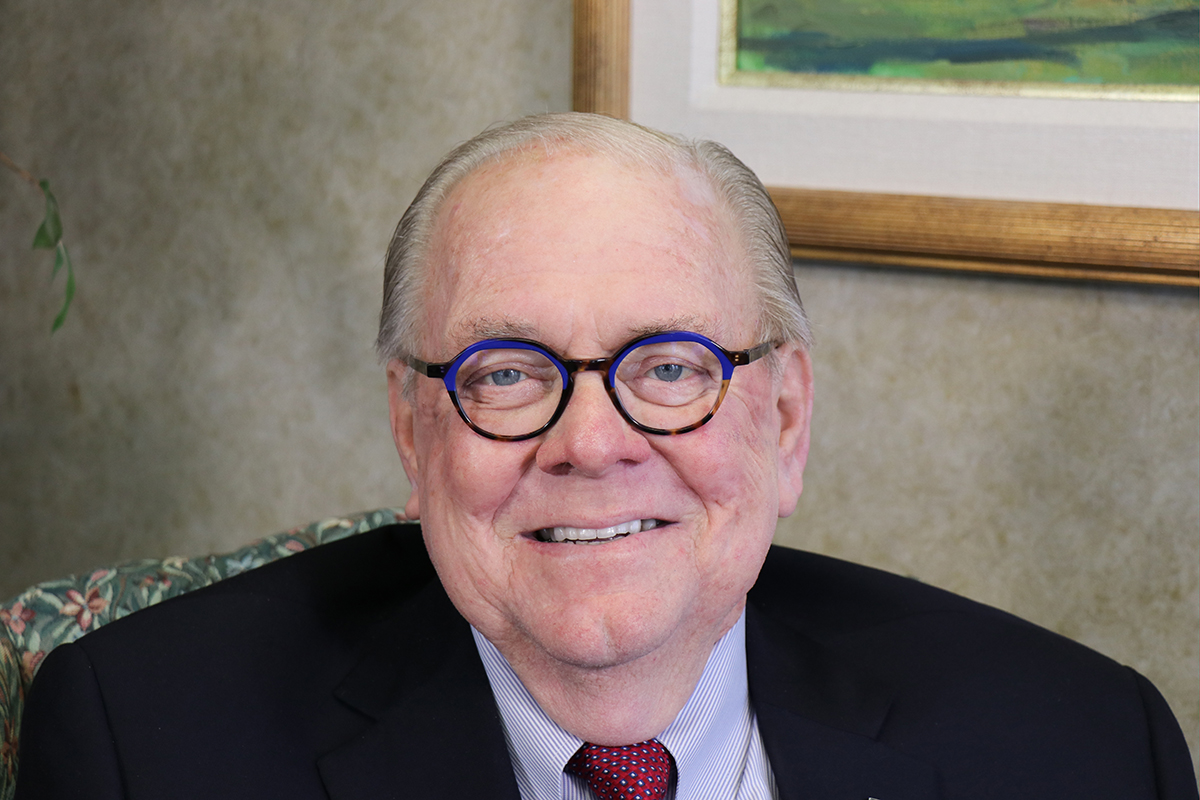History is necessary for making sense of the present. We need it for identity, as a way of understanding our personal past, to understand how we are connected to each other, and what our ancestors experienced. Nations use history as the basis for law and government. History is a record of the written word, telling us what was recorded on a given day but not why, or how. Oral history fills in the gaps by focusing attention on people’s memories and lived experiences. History is part of the larger package of social studies needed for active civic engagement.
Why Railroads Are Important to Kansas
The railroad industry was suddenly in danger of collapsing in the 1970's because some its lines, such as the Rock Island, Penn Central and others were in bankruptcy. Kansas agriculture would be harmed without rail service to ship its products. Kansas Senators Dole and Pearson, later joined by Rep. Slattery and Senator Kassebaum worked to create a method of deregulation in the form of the 4-R Act.
Pat Hubbell, a lobbyist with the railroad industry described in this 17 minute excerpt how "he was on a mission" to save the industry because of its importance Show Moreand the need to transport Kansas coal and agricultural products. He recalls passenger trains of the past that have disappeared and mergers that have left Kansas with only two major railroads, the Union Pacific and the Burlington Northern Santa Fe.
The Study Guide that is attached raises questions for students to consider. Show Less




